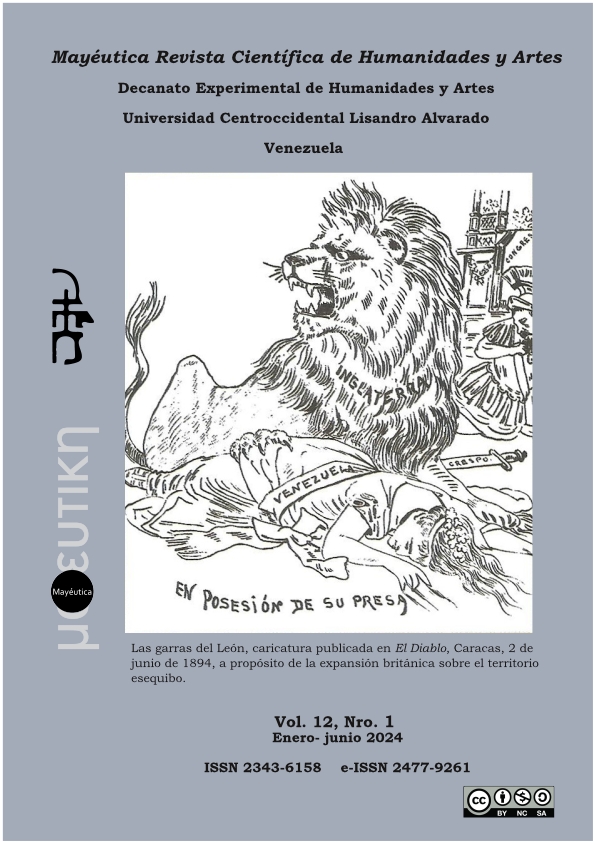Élan vital
A reflection on God in C.G. Jung's body of doctrine
Keywords:
C.G. Jung, conscious, unconscious, individuation, archetypeAbstract
C.G. Jung was, along with Freud, the most profound investigator of the human mind in the 19th and 20th centuries, in a vast body of work marked by intense experience involving personal experimentation (evident in The Red Book). His emphasis was on understanding the process of human selffulfillment through the study of the personal and collective unconscious. The archetypes, one of his significant contributions, contain in an unknown way the notion of God which, from its original form, would be hidden, precisely, in the unconscious.
Downloads
References
Castaneda, C. (2018). El Don del Águila. Editorial Gaia.
Eliot, T.S. (1989). Cuatro Cuartetos. Fondo de Cultura Económica, S.A.
Jung, C.G. (2012). El Libro Rojo. El Hilo de Ariadna.
Jung, C.G. (2019). Recuerdos, sueños, pensamientos. Editorial Planeta, S.A.
Jung, C.G. (1973). Respuesta a Job. Fondo de Cultura Económica, S.A.
Nietzsche, F. (2011). Así habló Zaratustra. Alianza Editorial, S.A.
Real Academia Española. (2014). Diccionario de la lengua española [23ª ed.] Espasa.
Published
How to Cite
Issue
Section

This work is licensed under a Creative Commons Attribution-NonCommercial-ShareAlike 4.0 International License.





